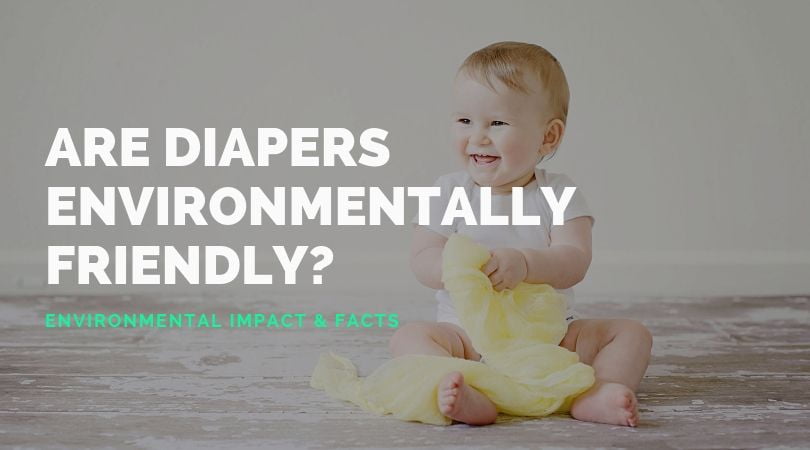In a world increasingly conscious of environmental concerns, the choice of baby products takes on a new level of significance. Among these choices, selecting eco-friendly baby diapers can make a substantial impact not only on your little one’s well-being but also on the health of our planet. Let’s delve into why opting for eco-friendly baby diapers is a decision worth considering, both for your baby’s comfort and the sustainability of our environment.
1. Eco-Friendly Baby Diapers: What Sets Them Apart?
Eco-friendly baby diapers, often referred to as “green diapers” or “cloth diapers,” are distinct from conventional disposable diapers due to their composition and manufacturing process. These diapers are crafted from sustainable, biodegradable materials such as organic cotton, bamboo, or hemp. Unlike their synthetic counterparts, eco-friendly diapers are free from chlorine, fragrances, and harsh chemicals, reducing the risk of potential skin irritation and allergic reactions in babies.
2. The Benefits for Your Baby
- Comfort: Organic and natural fibers provide a soft, gentle touch against your baby’s delicate skin, reducing the likelihood of diaper rash and discomfort.
- Breathability: Eco-friendly diapers allow better airflow, minimizing the risk of excessive moisture buildup and promoting healthier skin.
- Reduced Chemical Exposure: Traditional disposable diapers often contain harmful chemicals like chlorine and phthalates. By choosing eco-friendly options, you can limit your baby’s exposure to these potentially hazardous substances.
- Allergy Prevention: Babies have sensitive skin, and the absence of synthetic additives in eco-friendly diapers can help prevent skin sensitivities and allergies.
3. Positive Impacts on the Planet
- Reduced Waste: Conventional disposable diapers are a significant contributor to landfills, taking years to decompose. Eco-friendly diapers, on the other hand, are biodegradable or reusable, significantly reducing the environmental burden.
- Lower Carbon Footprint: The production of conventional disposable diapers requires extensive resources and energy. Opting for eco-friendly alternatives, which often have lower carbon footprints, helps mitigate environmental damage.
- Sustainable Materials: Eco-friendly diapers are often made from renewable resources like bamboo, which grow rapidly and require minimal water and pesticides.
- Preservation of Resources: By reusing cloth diapers or selecting biodegradable options, you help conserve valuable resources and reduce the demand for raw materials.
4. Making the Switch
Transitioning to eco-friendly baby diapers may seem like a daunting task, but the long-term benefits are compelling. Here’s how to make the switch:
- Research Brands: Look for reputable brands that offer eco-friendly diaper options. Read reviews and seek recommendations from other parents who have made the switch.
- Evaluate Convenience: Decide whether you prefer reusable cloth diapers or disposable, biodegradable ones. Consider your daily routine and lifestyle when making this decision.
- Start Small: If you’re unsure, start by using eco-friendly diapers during the daytime and gradually expand their usage.
- Prep and Care: Learn proper washing techniques if you opt for cloth diapers. For disposable eco-friendly diapers, dispose of them in accordance with the manufacturer’s instructions to ensure proper biodegradation.
- Spread the Word: Share your experience with friends and family to promote awareness about eco-friendly diaper options and their benefits.
Conclusion
Choosing eco-friendly baby diapers is a step towards a healthier future for your child and the planet. From providing superior comfort and reducing the risk of allergies to contributing to a more sustainable environment, these diapers offer a win-win solution. By making an informed decision and advocating for eco-friendly choices, you’re not just prioritizing your baby’s well-being but also leaving a positive impact on the world they will inherit. Learn More


